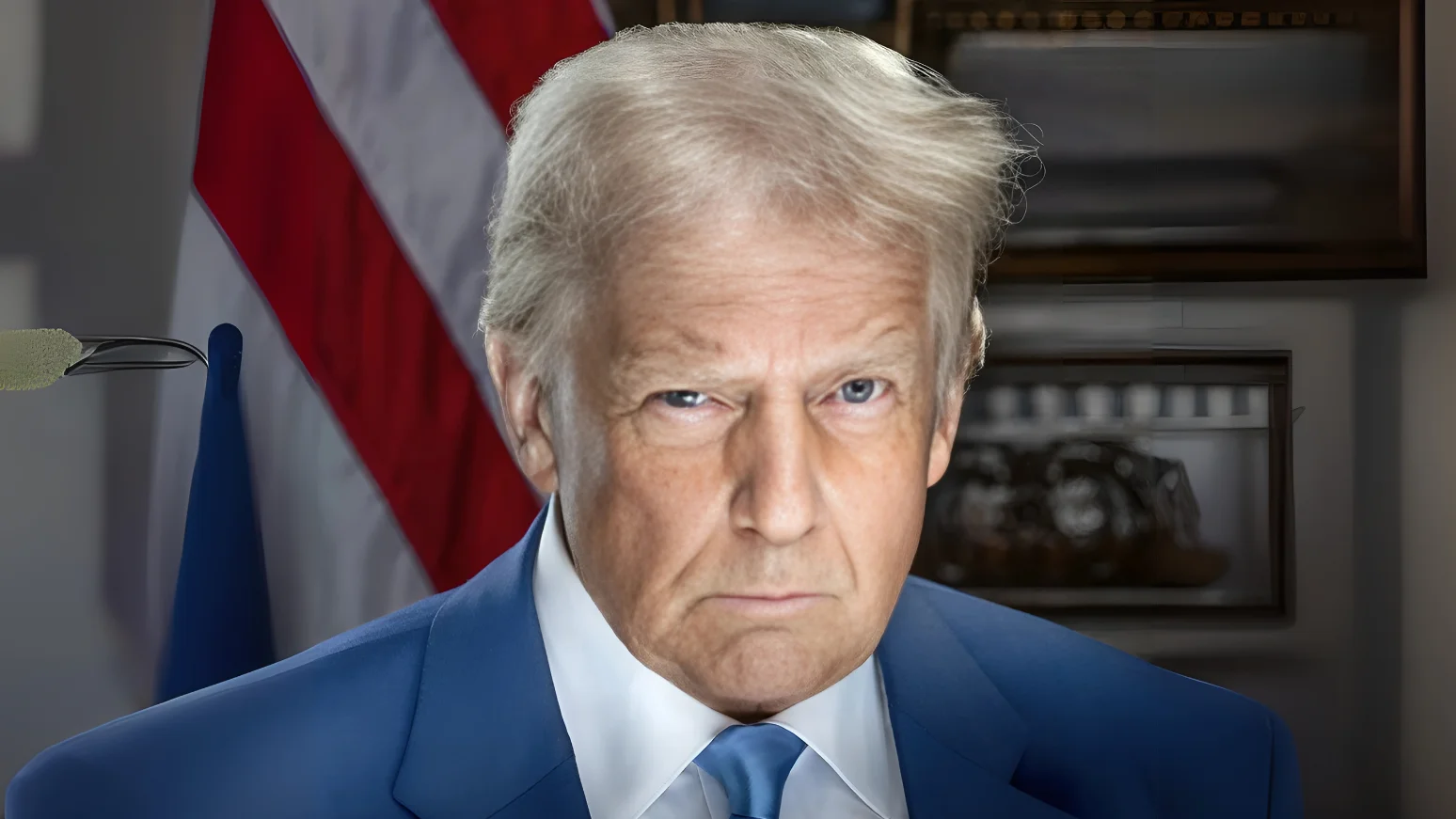President Donald J. Trump has issued an order to modify the scope of tariffs imposed on certain imports from Brazil, following ongoing negotiations between the United States and the Brazilian government.
The decision comes after Executive Order 14323, signed on July 30, 2025, which declared a national emergency in response to policies and actions by the Government of Brazil that were deemed a threat to U.S. national security, foreign policy, and economic interests. That order imposed an additional ad valorem duty rate of 40 percent on selected Brazilian goods while excluding some items listed in Annex I.
According to the new order, President Trump participated in a call with Brazilian President Luiz Inácio Lula da Silva on October 6, 2025. Both leaders agreed to begin negotiations aimed at addressing U.S. concerns cited in the original executive order. The negotiations are ongoing.
U.S. officials monitoring the situation have recommended changes based on progress in talks with Brazil. Specifically, they suggested that certain agricultural imports from Brazil should no longer be subject to the extra tariff due to initial progress in negotiations.
After reviewing these recommendations and considering the status of discussions with Brazil, President Trump determined it was "necessary and appropriate" to change which products are subject to the higher tariff rate under Executive Order 14323. He stated: "Specifically, I have determined that certain agricultural products shall not be subject to the additional ad valorem rate of duty imposed under Executive Order 14323."
An updated version of Annex I is attached to this order and will take effect for goods entered for consumption or withdrawn from warehouse for consumption on or after November 13, 2025 at 12:01 a.m. Eastern Standard Time.
The Harmonized Tariff Schedule of the United States will also be modified as detailed in Annex II to this order, effective from the same date and time. Any necessary refunds of duties collected will be processed according to existing laws and procedures by U.S. Customs and Border Protection.
The Secretary of State will continue monitoring developments related to the declared emergency and consult with other senior officials as needed. If circumstances arise that might require further presidential action, these will be reported accordingly.
Other cabinet members—including those responsible for Treasury, Commerce, Homeland Security, trade policy, national security affairs, economic policy, manufacturing trade issues, and international trade commission—are directed to take all steps necessary for implementation consistent with applicable law.
The full text of Annex I and Annex II can be accessed online through this link.
President Trump's directive emphasizes that if any part of this order is found invalid by legal authorities, remaining provisions will remain effective. It also clarifies that nothing within this document creates enforceable rights or benefits against any part of the U.S. government or its representatives.





